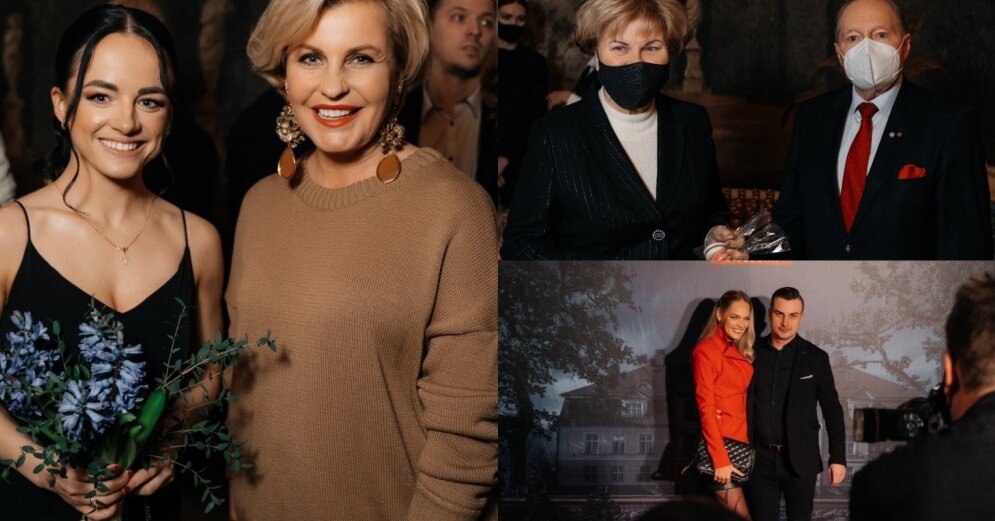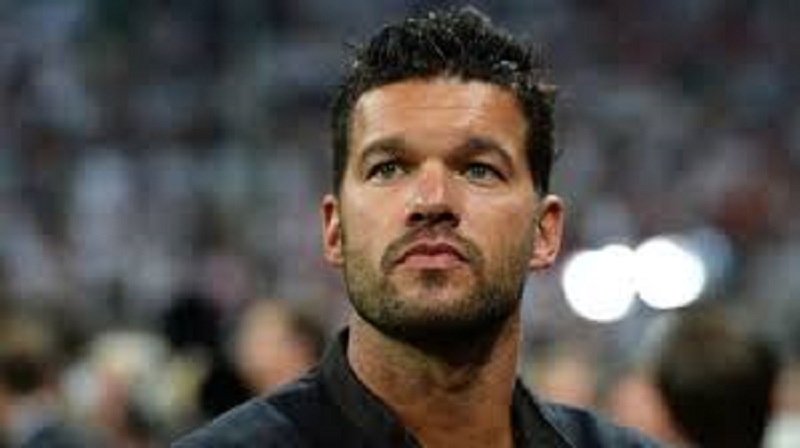The head of the Foreign Affairs Committee of the Saeima, Rihards Kols (NA), has no great expectation that any significant results will be achieved in the ongoing US-Russia talks.
In an interview with TV3, the politician reminded that Latvia has received a promise from its partners that issues affecting the security of the Baltics and Europe will not be discussed with Russia without the participation of these countries.
Kohl does not believe that Russia has managed to divide NATO between old and new members with its ultimate statements, but the motives of Russia’s statements are currently difficult to comment on.
The deputy said that the rhetoric coming from Russia was aggressive and manipulative, but that Russia had been known for such rhetoric since Soviet times.
U.S. and Russian officials reportedly discussed mutual steps to improve strategic stability during talks in Geneva on Monday, said Undersecretary of State Wendy Sherman.
“We came up with a number of ideas on how our two countries could take reciprocal measures that would be in our security interests and improve strategic stability,” Sherman said after talks with Russian Deputy Foreign Minister Sergei Ryabkov.
She said reciprocal measures to de-escalate the situation could be taken with regard to maneuvers and the deployment of missiles.
The talks could take place at a meeting of the NATO-Russia Council in Brussels on Wednesday, Sherman said.
Sherman said the United States was ready to discuss the future of specific missile systems in Europe under the Non-Proliferation Treaty (INF), from which former US President Donald Trump had withdrawn.
“We are also open to discussions on how we can set reciprocal limits on the scope of military training and improve the transparency of that training,” Sherman said.
She said the United States was ready to act as soon as possible in the circumstances, but warned that talks would take time.
Sherman said he had rejected suggestions in the talks that were unacceptable to the United States, including Russia’s call for Ukraine’s non-accession to NATO.
At the same time, she warned that Moscow would face serious consequences if it decided to attack Ukraine. She pointed out that they would be more severe than in 2014, when Russia annexed Crimea.
Sherman said the United States was ready to meet again, but the Russian side had not given an answer as to whether it would de-escalate the situation around Ukraine and withdraw Russian forces concentrated on the Ukrainian border.
After the talks, Ryabkov said that Washington took Moscow’s proposals for security guarantees very seriously, adding that Russia had no intention of attacking Ukraine.
He urged Washington not to underestimate the risks of confrontation, but also said that the situation was not hopeless.
Asked if Russia was ready to withdraw its troops, Sherman said: “I don’t know if we know the answer.”
“We have made it clear that it is very difficult to achieve constructive, productive and successful diplomacy without de-escalation, as escalation clearly increases tensions and does not create an environment for real negotiations,” Sherman said.
She revealed that she had told Ryabkov that Russia would return its troops to the barracks or explain what training was being done and for what purpose.
It has already been reported that high-ranking US and Russian diplomats began talks in Geneva on Monday over tensions around Ukraine, Kiev and the West, amid fears that Russia is preparing another invasion of the neighboring country. The talks lasted eight hours.
The Geneva talks, attended by Sherman and Ryabkov, will be followed by a meeting of the NATO-Russia Council in Brussels on 12 January and talks within the Organization for Security and Cooperation in Europe (OSCE).
–


